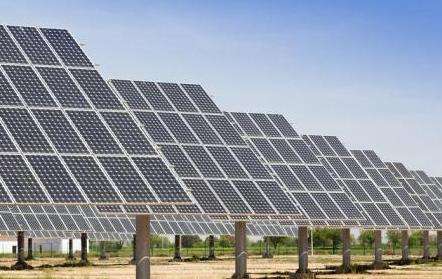Unit 3 of the Japanese Mihama nuclear power plant leaked 7 tonnes of water contaminated by nuclear substances. Plant workers discovered a pool of radioactive water in a filter as water was pumped into the reactor's containment pump, and the current operator, Kansai Electric Power Co., only recovered about half of the radioactive water. Operator Kansai Electric Power Company said it would not affect the environment. The reactor has been operating for more than 40 years. Unit 3 of the Mihama nuclear power plant in Fukui Prefecture leaked 7 tons of water containing radioactive materials. Radioactive activity was estimated at 2.2 million becquerels. The accident had no impact on the exterior. world.
Unit 3 of the Mihama nuclear power plant was initially scheduled to restart on August 10. According to competent sources, the nuclear leak could affect the restart plan, but a delay in restarting is more likely. The severity of the problem must be verified. On the morning of July 22 local time, the Japan Atomic Energy Regulatory Commission officially approved the plan for discharging contaminated water from the Fukushima Daiichi nuclear power plant of Tokyo Electric Power Company (Tepco). This means that Tokyo Electric Power Company's plan to discharge contaminated water into the sea next spring can be implemented provided it is approved by the local government of Fukushima Prefecture! The Mihama Nuclear Power Plant in Fukui Prefecture is Japan's first nuclear power plant. Units 1 and 2 are being demolished and Unit 3 has been in operation for over 40 years, but was allowed to restart after successfully passing a review by the Japan Atomic Energy Regulatory Commission . Its reboot was planned for this month and is nowcurrently closed for maintenance.
After the Fukushima nuclear accident in 2011, Japan implemented new safety standards for nuclear power plants, stipulating that the general lifespan of nuclear power plants is 40 years. However, an extension of the operating period may be permitted upon review and approval by the Japan Atomic Energy Regulatory Commission. Humanity's current mastery of nuclear energy is still in the stage of opening the door, and it is still far from the popularization of nuclear energy in public life. At present, nuclear power plants are the most mature used by man. In simple terms, it involves converting nuclear energy into electrical energy to replace thermal power plants. But even after long-term use, humans still cannot completely change the dangers of energy-generated waste.nuclear energy.














